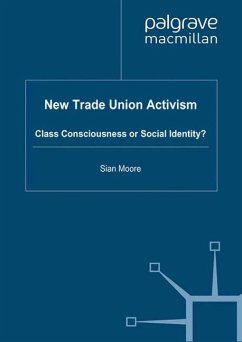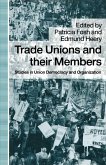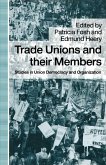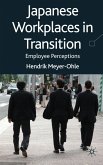The past decade has seen the emergence of new types of trade union representatives attracting new and more diverse activists; this book explores their motivations and values, drawing upon the voices of the activists themselves and capturing the relationship between work, social identity and class consciousness.
'This timely exploration of what motivates trade unionists to become active is essential reading for all those interested in the future of trade unionism. Crucially, the book draws on the voices of a new generation of workplace representatives - migrant workers, organisers, learning and equality reps - and enriches our understanding of how shifting social identities help shape collective consciousness and action. In the wake of the biggest financial crash in living memory, unions remain a vital channel for working people to challenge inequality at work and in society. This analysis signals where real opportunities for union renewal lie.' Frances O'Grady, Deputy General Secretary, Trades Union Congress, UK
'[G]iving voice to activists themselves [Sian Moore] demonstrates the continuing role of agency in a range of employment and union contexts, and through diverse political ideas, languages and forms of action. What makes this book unusual is the lucid, yet nuanced way in which it unravels workers' testimonies and reveals how fluctuating and fusing identities of class, gender, sexuality, race and age are driving forces for change in the world of work. This is essential reading for students, activists and policy makers eager to gain insights into what makes activists tick in a period of seeming labour quiescence.' - Anna Pollert, Professor of the Sociology of Work, Bristol Business School, University of the West of England, Bristol, UK
'[G]iving voice to activists themselves [Sian Moore] demonstrates the continuing role of agency in a range of employment and union contexts, and through diverse political ideas, languages and forms of action. What makes this book unusual is the lucid, yet nuanced way in which it unravels workers' testimonies and reveals how fluctuating and fusing identities of class, gender, sexuality, race and age are driving forces for change in the world of work. This is essential reading for students, activists and policy makers eager to gain insights into what makes activists tick in a period of seeming labour quiescence.' - Anna Pollert, Professor of the Sociology of Work, Bristol Business School, University of the West of England, Bristol, UK









